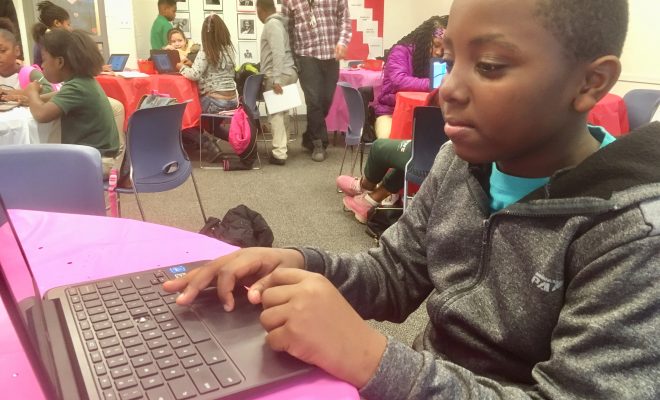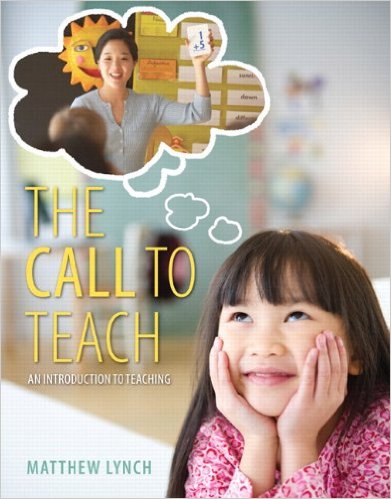Free higher education won’t magically improve access

This article was written by P. Pratap Kumar
Many academics, including myself, have explored why free higher education is not economically viable in South Africa.
Money is not the only issue, though. Quality also matters. And the two go hand in hand. Students have hastened to conflate free education and access to quality education. But introducing free university education will not magically grant students access to quality education, nor employment in the marketplace. There’s a lot of work to be done to achieve this. And in my view this should take precedence over doing away with university fees.
This work will not only involve universities as institutions.
The starting point must be to improve the quality of basic and secondary education. South Africa’s basic education system faces serious problems and has done so for years.
Added to this is the fact that universities have become increasingly bureaucratic as well as driven by the need to raise money from fees. This makes them ever more expensive and beyond the reach of the vast majority of South Africans. Universities must return to their core business of teaching, research and learning rather than focusing on profit margins.
And, last but not least, there needs to be a shift in students’ attitudes: they must begin to value their access to universities.
Basic education is a mess
The basic education system compares poorly with others on the continent. It fares even worse when compared globally.
The country has too few teachers; those who are in classrooms are frequently under qualified and perform badly. Teacher to pupil ratios are extremely high and many public schools – particularly those in rural areas – lack even basic infrastructure like desks and books.
Against this backdrop, the relatively small number of students who eventually manage to enter university education are naturally ill-equipped to handle the complex nature of knowledge construction at a tertiary level. They struggle with literacy and numeracy and are in no way ready to tackle university assignments.
So, fundamental change must happen in the basic education sector. It’s no use making higher education free for all if those entering the system are not able to cope with its demands.
Universities aren’t corporate houses
While it is necessary to overhaul the basic education system, South Africa needs to also transform its educational institutions and make them affordable.
This will involve not just equipping students with the skills the country needs, but also making degrees affordable. The cost of higher education in South Africa has risen phenomenally in the last two decades.
According to a 2016 survey, a standard Bachelor of Arts or Bachelor of Social Science costs anywhere from R14 000 to an average of around R35 000. This is far beyond the reach of most South African households. By comparison, a standard Bachelor of Arts at one of Kenya’s biggest public universities currently costs the equivalent of R14 000 for a year.
Higher education must be seen to be within the reach of poor students who aspire to it. Universities are not corporate houses that need to be obsessed by profits and income. It’s not appropriate that they focus on things like “management and efficiency techniques and professional support for accountability, measurement, ‘product control’ and assessment” instead of teaching and research.
Corporatisation of the higher education system has led South Africa down the wrong path. Too much money is spent on paying senior managers and remunerating bloated administrative units.
With the ever-growing decrease in state funding for higher education, the universities are forced to depend on student fees, donor funding and other sources. There may be some justification that universities are profit driven to pay for the increasing costs of higher educational institutions.
But all this comes at a cost to students and the academic programme. It’s time to return the academic agenda – teaching and research – to the centre of university life.
Rethinking protest
It’s also important to remember that access to education is a two sided coin. It’s not enough for universities to open their doors; the people entering must also value their access. Yes, universities have a lot of work to do to ensure they are transformed. But there must also be a change in the culture of students.
Students must realise that South Africa is no longer fighting an external enemy like the apartheid system. Instead, citizens are fighting within a system of democracy. This means that the way the country protests needs to be rethought. In the past the means for legal protest weren’t easily available. There are now appropriate structures and institutions to seek redress and put pressure through peaceful protest and through democratic negotiations. The destruction of infrastructure that’s been seen at educational institutions in recent months will only deprive the future generations of access to education.
Politicians have a major role to play in changing this culture of protest, as do parents, traditional leaders, NGOs and other religious and cultural institutions, such as churches.
![]()
P. Pratap Kumar, Emeritus Professor, School of Religion, Philosophy and Classics, University of KwaZulu-Natal
This article was originally published on The Conversation. Read the original article.






